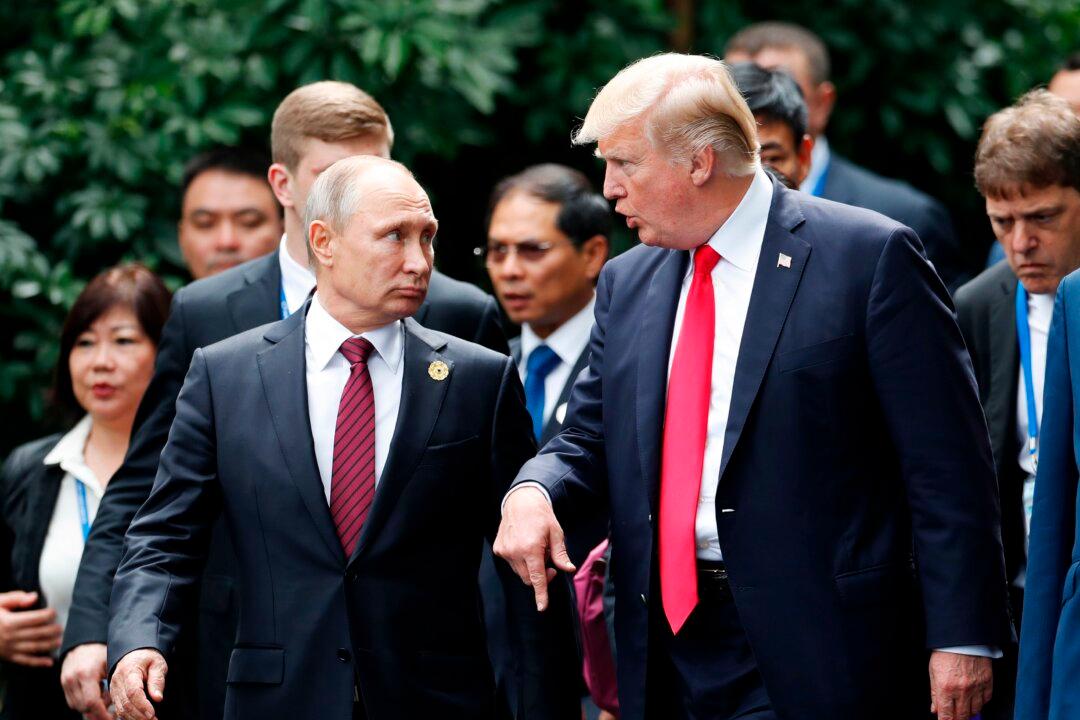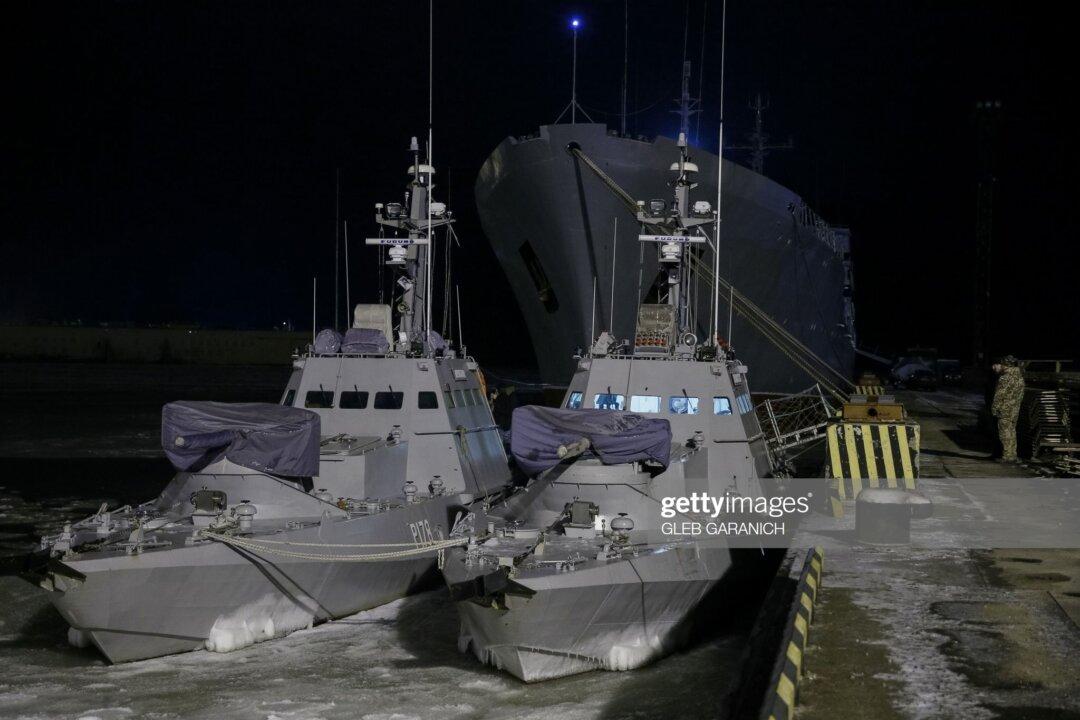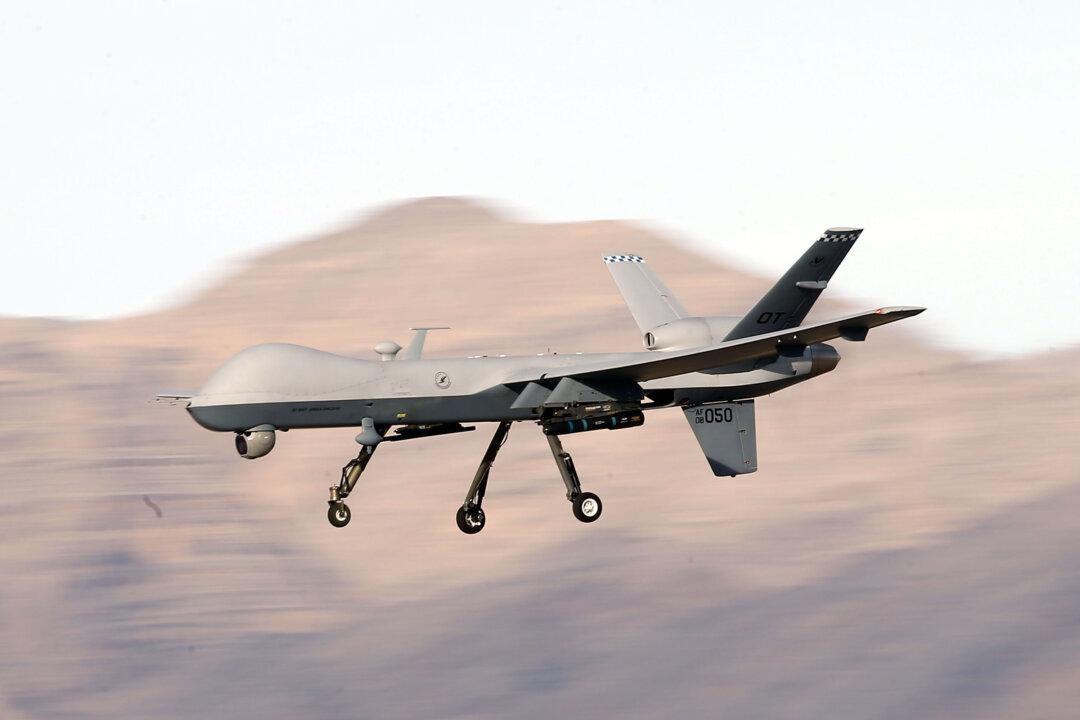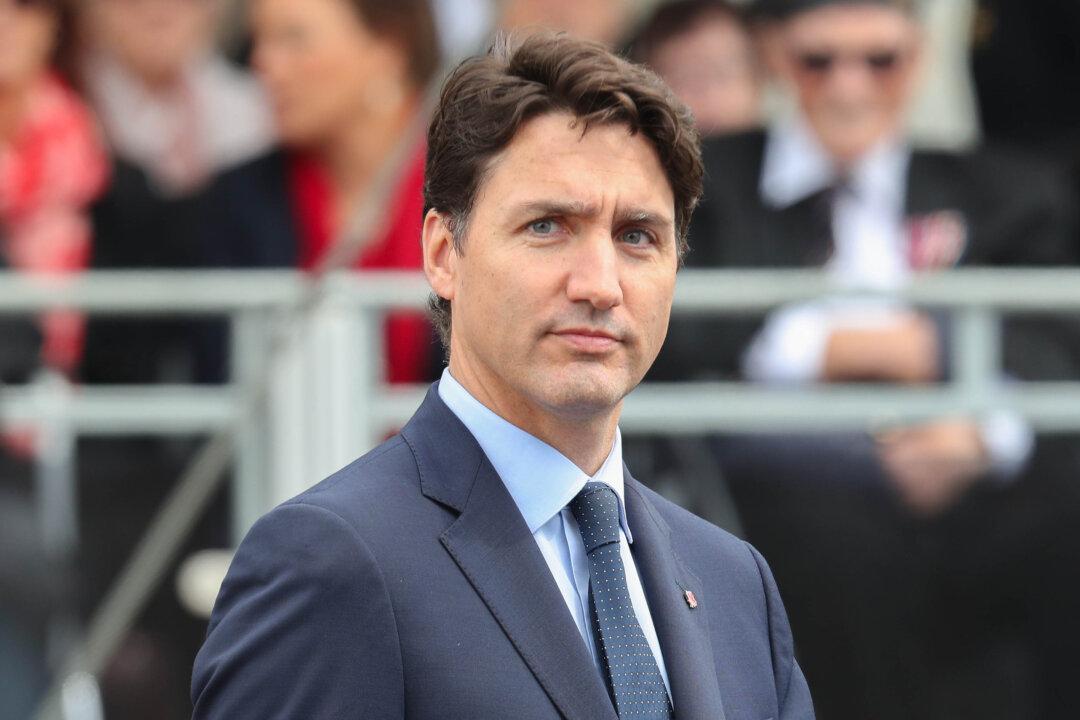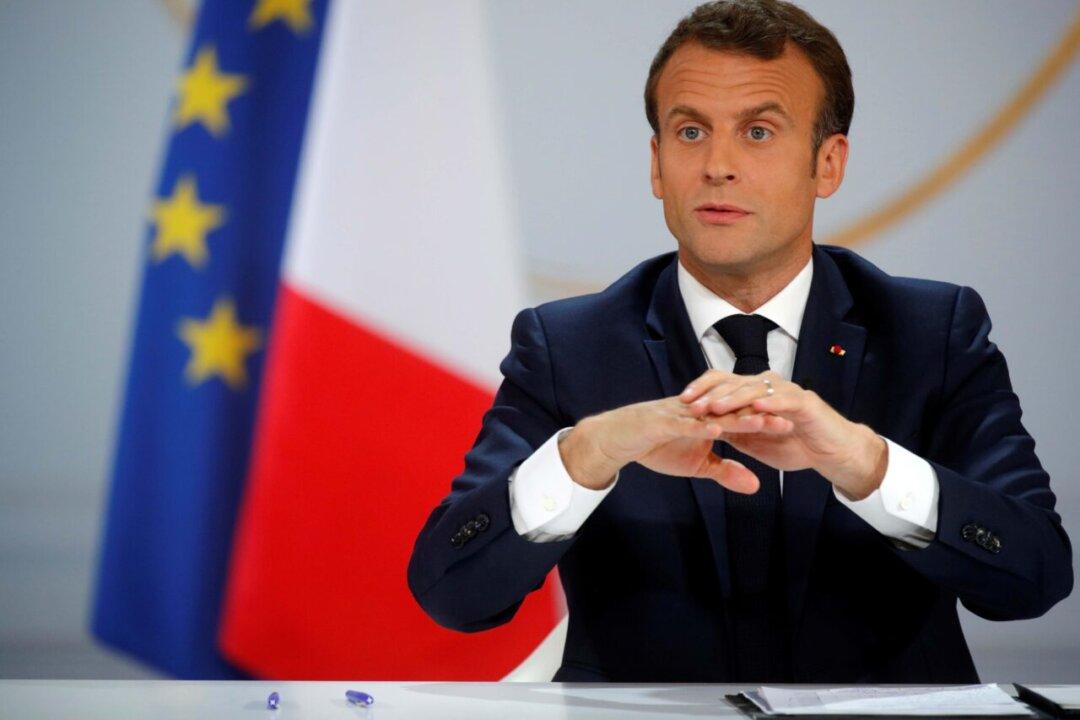Russia is a riddle wrapped in a mystery inside an enigma. Winston Churchill
The classic Churchill maxim remains as true in 2018 as it was in October 1939. In almost 80 years, Russia has changed but not evolved. It passed through the caldron of World War II with civilian and military casualties over 25 million. By the 1970s, it had achieved “superpower” status with nuclear weapons capable of incinerating the globe—and then it imploded politically with the USSR disintegrating into shard states in 1989-91.
